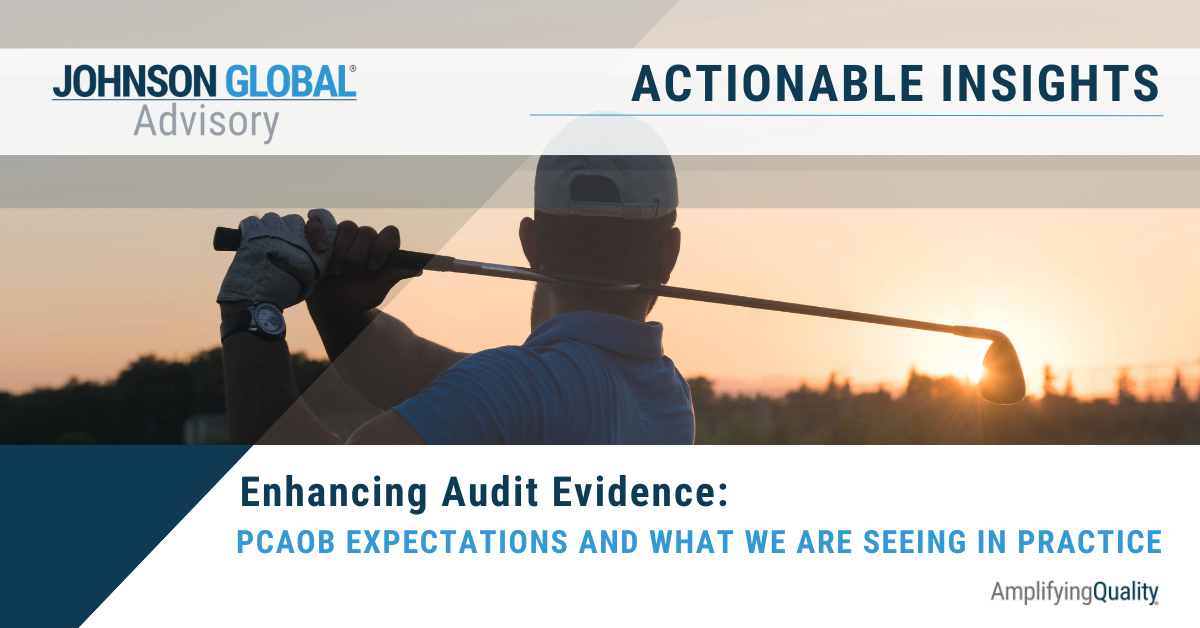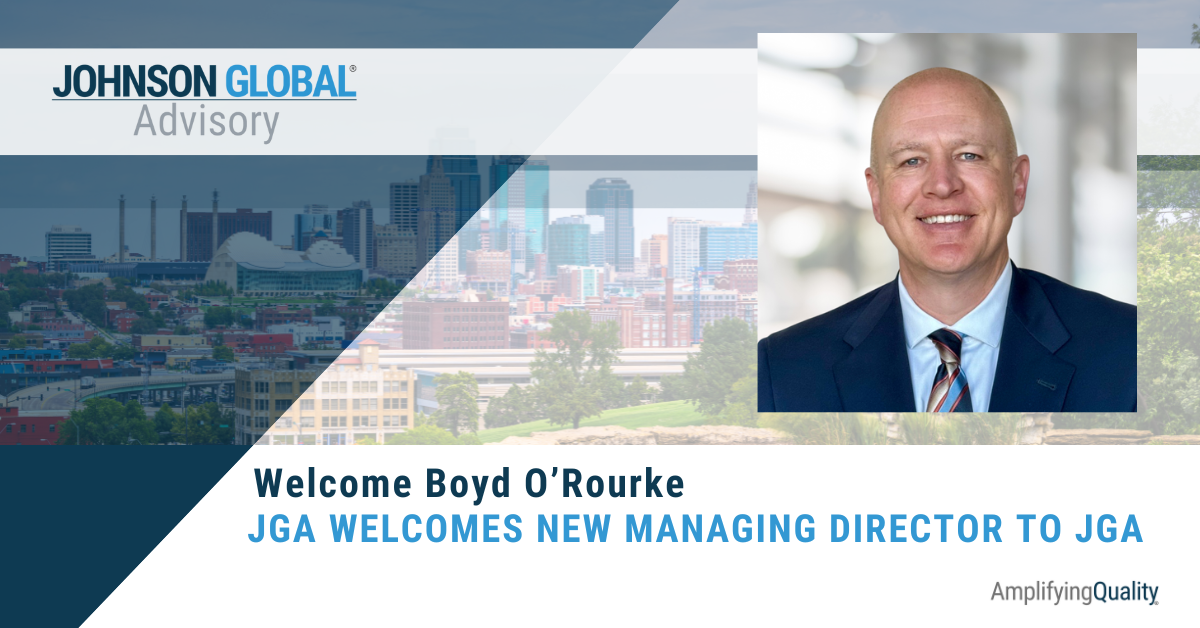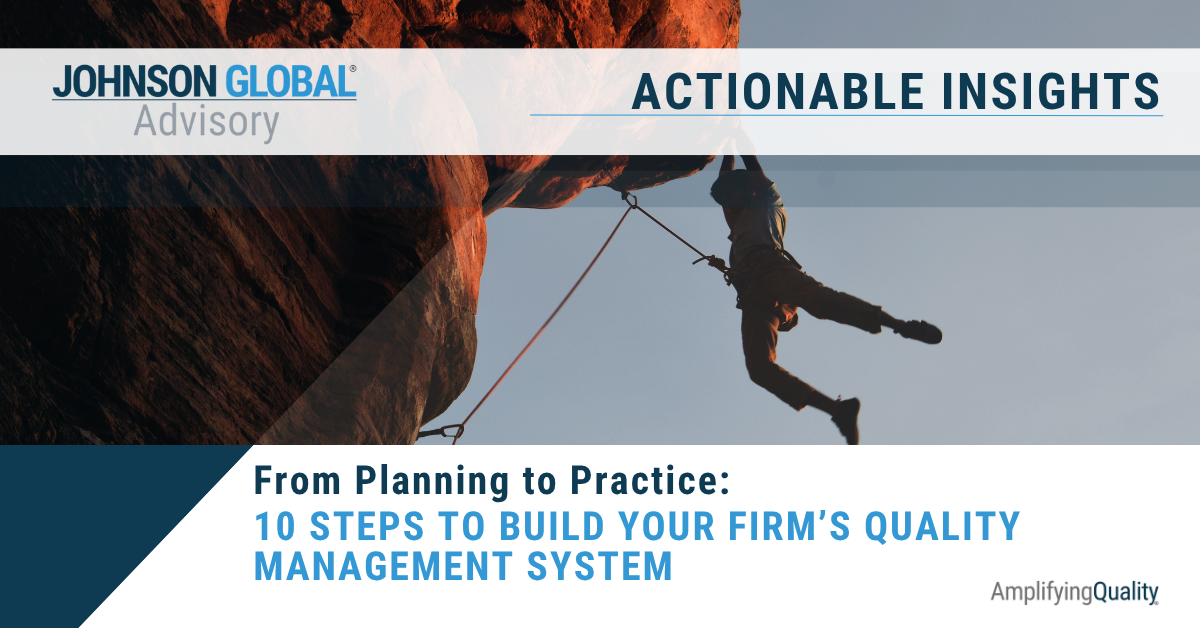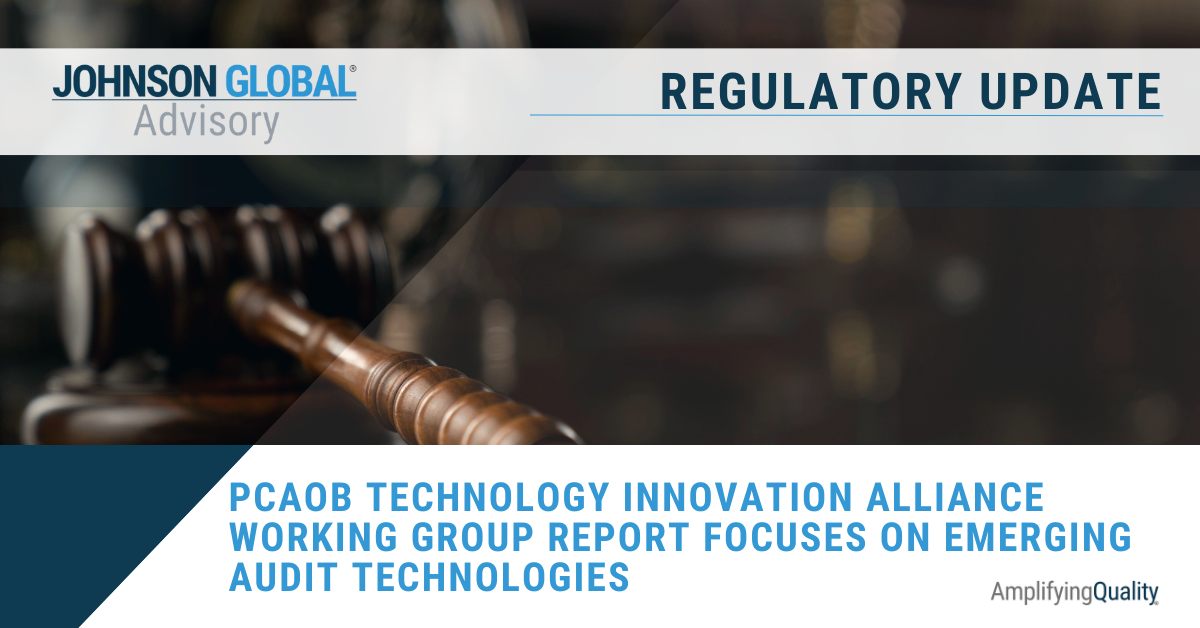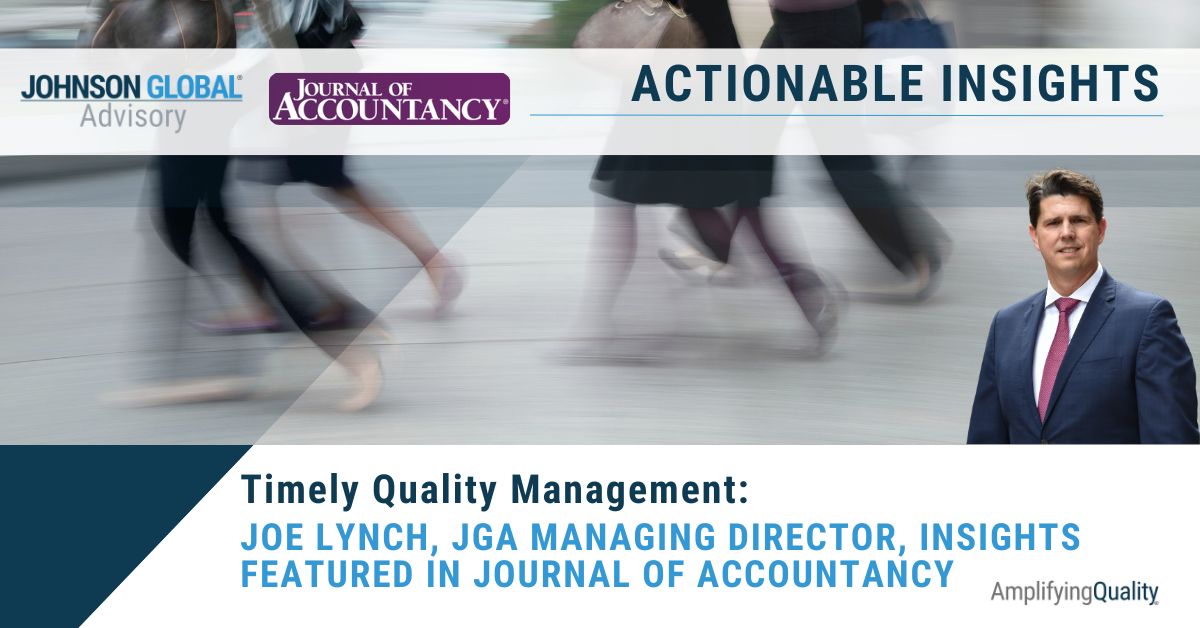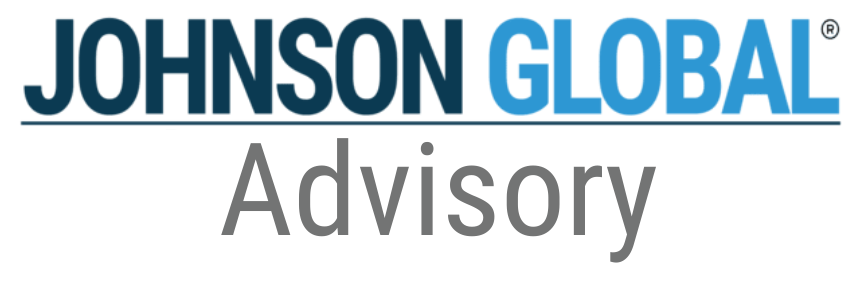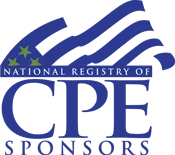Help Wanted: Audit Quality Considerations in Light of the Great Resignation

As a millennial, I was told that the 2008 global financial crisis was a “once-in-a-lifetime” economy. Many firms went on hiring freezes and some even had layoffs, rescinding offers previously extended to new college graduates. As a young 20-something-year-old, I was happy to know that the “exceptional” economy was early in my career and that the rest of my life would be smooth sailing. Or so I thought.
Then the pandemic of 2020 came around and yet again, the headlines proclaimed the unusual nature of the pandemic and the “once-in-a-lifetime” economic repercussions. Overnight it seemed, more than 10 million people lost their jobs and the world appeared to spiral out of control. Fast forward to August of 2022 and the economy has now fully recaptured the 10 million lost jobs. But surprisingly, there is suddenly a labor shortage. The Great Resignation. What? How is that possible?
Almost every industry is feeling it, whether the medical profession struggling with burnout from two-years of pandemic stress or the transportation industry struggling to find drivers to keep up with home deliveries. The audit industry is no exception; every client we work with is feeling it. We’re feeling it.
In a recent study published by McKinsey & Company, at the end of May 2022, there were 11.3 million job openings. And to make matters worse, “Despite significant changes in the economy since the onset of the Great Attrition (or what many call the Great Resignation), the share of workers planning to leave their jobs remains unchanged from 2021, at 40 percent. That’s two out of five employees in our global sample who said that they are thinking about leaving in the next three to six months.”
Talk with an economist and there are any number of reasons why there is a labor shortage in the current economy. But answers to “why” rarely provide practical solutions to “what do we do?”
For firms that are struggling with resources, we hear you. Within the audit and accounting profession, we know of many firms that have resorted to using part-time employees and independent contractors to help fill needs. Some firms have leveraged staff from various departments such as IT consulting or internal audit. While all these approaches fill the seats and provide resources to execute the audits, the question remains, what procedures are firms putting into place to ensure quality audits?
Firm QC Considerations
Acceptance and Continuance: Paramount to any audit, the firm process starts first and foremost with engagement acceptance and continuance. This process is already in place for firms, but how much thought is put into the careful completion of these checklists? The critical consideration here is capacity and competence. I know when I was an associate, I was charged with rolling forward the A&C forms from prior year; the senior then officially completed the form and the approval process started with the manager, then partner and up the chain depending on the type of client and the risk profile. In light of the current resource constraints, how are A&C forms capturing considerations around capacity and competence? And how do staff know whether the firm has the right resource capacity and competence? These are often higher-level discussions held at regional and national management levels, but how are those considerations being evaluated and documented? The reality is, if the firm doesn’t have the capacity or the right competence, it needs to either decline engagements or hire the right knowledge base/skill sets to execute a quality audit.
Independence: Once an engagement has been accepted, the firm then needs to determine the proper staffing. While it may be easy to pull from internal resources, such as leveraging IT consultants to come perform IT controls testing, the Firm needs to be intentional in making sure all engagement team members understand the independence implications of working on the audit. For instance, consulting has very few independence limitations, so an IT consultant may not be aware of the strict nature of SEC independence rules for a public company audit. Similarly, the use of contractors external to the firm is another viable solution to resource constraints, but the question still stands, despite completing an independence checklist/confirmation, has the consultant been educated on the specific nature of independence requirements for the audit?
Technical Knowledge: Assuming the borrowed staff and/or consultants are independent, what is the firm’s process for evaluating competence of these resources? Sure, firms know to review the CV and certifications, but we all know there is a distinction between an accountant and an auditor and yet both often have the same degree and may even both be CPAs. Or take an IT consultant for example. The IT consultant likely has a strong understanding of information systems and could easily perform a walkthrough and execute tests of operating effectiveness over automated controls and/or information technology general controls (ITGCs). However, mere execution is not the same as truly understanding the audit risks and implications of findings. For instance, in performing a walkthrough, the IT consultant may obtain an understanding of the change management process and as with all processes, there are always exceptions to the rules. The question is, would an IT consultant understand the audit implications for various exceptions? Or if the IT consultant is testing an automated control, would they know to test more than the mere functionality as described in the walkthrough? Would they know to test all possible scenarios to demonstrate that the system can only process information as described in the automated control?
Regardless the area, whether IT, valuation, tax or some other specialty knowledge, understanding audit risks is critical. After all, risk is what drives an audit. So, what does management do to ensure that resources have the proper audit understanding? While a three-hour training on PCAOB audit standards may help provide some insight and may placate the PCAOB from a “checklist” mentality, let’s be frank, audit risk is learned over time. There is a reason managers and partners perform reviews, having years of audit experience, slowly learning the risks and implications of various scenarios that emerge in audits. A three-hour training cannot replace years of experiential learning. The question remains, what are firms doing to bridge this gap? This points to consideration of the staffing mix and the need for appropriate review and supervision, as discussed below.
Monitoring: Current QC standards require various monitoring programs at a firm level. These programs are often executed for all internal resources, but what about external resources or resources from different divisions? Take independence monitoring and/or training/CPE/licensure monitoring, are “fill-in” resources subject to these same processes? While performing an independence check for an occasional contractor may be easy enough, as firms embrace more part-time workers and engage more contractors, firm QC processes will need to be amended to ensure appropriate checks over this emerging resource pool.
Tone at the Top: It’s worth emphasizing the importance of creating a culture of curiosity over conviction. Employees and teams should feel encouraged to ask questions, to seek for better understanding, and to not hesitate to consult with national office / upper management. Considering a lot of cumulative audit knowledge and experience is being lost through the great resignation, promoting a culture of knowledge sharing is even more important to ensuring employees feel comfortable raising their hand when they don’t understand something and feel supported by all levels of management so they can perform quality audits.
Engagement Team Considerations
Team Assignments: At the engagement team level, it’s important that firms consider the staffing mix on audit teams. While firms may have no choice but to use contractors and borrow staff from other departments, audit teams should still have “core audit members” who can share the audit knowledge and keep audit risks front of mind. Maybe that means the firm will need to rotate clients for some of its core assurance staff so that every team has core assurance members. As well, as audit areas are assigned, managers and partners should be thinking through risks at the financial statement level and ensuring higher risk audit areas are completed by stronger, core assurance members.
What about areas like IT or taxes where the area is specialized and may present a pervasive or significant risk? Firms need to be conscientious of these areas and if their resources do not themselves have the requisite audit knowledge and/or experience, then perhaps firms should consider specific coaching programs or targeted in-flight review programs that can compliment the use of contractors and/or borrowed staff. For instance, perhaps the firm uses an IT partner with years of in-depth audit experience to coach less experienced IT contractors across multiple engagements. As the workforce and employment model is changing, so too will the structure and makeup of engagement teams. Be creative.
Review and Supervision: In addition to the staffing mix, firms should consider review and supervision at the engagement team level. Though the standard around engagement team review and supervision has not changed, the expectations may be evolving. For areas performed by less experienced staff, whether new hires, borrowed staff, or independent contractors, managers and partners should be performing more in-depth reviews. For areas of higher risk, teams should consider whether additional levels of review are necessary. And for areas of specialized risk, as mentioned above, firms should consider whether there is a need for targeted in-flight reviews. Perhaps the most important factor for quality review and supervision is workload. What metrics is the firm using to monitor manager and partner workload? What are firms doing to relieve overworked managers and partners? This ties directly into the capacity discussions that management is having at the acceptance and continuance level.
Consultations: Finally, in conjunction with firm management setting the correct tone-at-the-top at the firm level, engagement teams should leverage firm-wide resources and not be afraid to consult when needed. Too often, teams only focus on required consultations, but nothing says that a team can’t consult when questions arise in other non-mandatory scenarios. Knowledge is power and firms have vast sums of cumulative audit knowledge and experience at the management levels, so don’t be afraid to reach out to national office with questions. Chances are, you aren’t the first to have that question.
Use of Other Firms Considerations
So far, we’ve focused mainly on the use of independent contractors and borrowed staff, but there is also a movement to using other audit firms to also assist with audits. Sometimes the other firm will issue an opinion and sometimes the other firm only performs audit procedures on behalf of the principal auditor. Currently, China comes to mind; given various restrictions due to COVID and regulatory concerns, many US firms are leveraging other audit firms in China to assist in executing audits. In our recent article of use of other auditors, we provide factors to consider, but the general theme points to review and supervision. So what procedures are firms implementing to ensure appropriate review over the work performed by other auditors? A mere review of the reporting package is likely not sufficient given the new PCAOB standards/amendments.
Technology Considerations
Given the digital age, we would be remiss not to mention technology. In our joint webinar on ISQM 1, Dayshape CEO, Andrew Bone, said: “For those already struggling to fill their current vacancies, the obvious question is where will this extra capacity come from? Unable to simply recruit and reluctant to scale back fee earning work, firms are looking to technological resources for answers. What firms are finding is that technology can help in a number of different ways.”
For instance, using technology for resource management will help firms easily identify available employees, what skills and experience various resources have, and potentially even reduce administrative burdens on resources, such as finding ways to automate administrative processes. “Technology can be used by firms to track and evidence that the right skills and competencies have been assigned to a project and that independence criteria have been met. When doing this at scale, technology can be extremely useful to help firms track skills firm-wide and demonstrate a robust and standardized process.”
In addition, technology can automate various Firm QC processes or monitor QC metrics (i.e. partner or manager workloads, as mentioned above). Bone continued, “technology can be used to implement automated project controls to provide assurance that the right quality measures and checks are in place and that these are followed consistently. These can be set at a firm level to ensure that the right people review and approve work at the right stage. Or at the engagement level where engagements failing certain quality criteria can also be automatically escalated.”
Finally, as we all know, big data can be incredibly powerful, and technology combined with data analytics could transform future audits. Already, technology is being used to help perform many non-subjective functions such as account reconciliations, cash proofs for revenue, various roll forwards for investments or equity or journal entries, etc. Technology requires an investment, but as we approach a more and more automated world, it will soon be inevitable, and thanks to software-as-a-service models, technology resources are becoming more and more accessible to the masses.
Key Takeaways
The Great Resignation is proving to be a challenging time for everyone. Whether flight cancellations or poor service in restaurants (if the restaurant stayed open), we’re all feeling the effects of staff shortages. For those who didn’t resign, it seems there is more to do with less (yet again). While use of contractors and borrowed staff is a temporary fix, firms should incorporate the following:
- Acceptance and continuance decisions need to be thoughtfully considered, taking into account a firm’s capacity and competence.
- Independence and ethics requirements should be clearly explained and understood by all staff working on audit engagements, regardless of whether they are internal or external.
- Competence is more than just technical ability and should incorporate an element of understanding audit risk. This could be accomplished through trainings, but firms could also incorporate other elements such as engagement team coaching (either by team mangers and partners or through designated coaches), in-flight reviews, and consultations.
- Engagement team staffing should be thoughtfully evaluated to ensure there is a mix of core assurance and other staff such as contractors or borrowed staff.
- Review and supervision are becoming increasingly important, especially as the use of alternative resources increases. Ensure workloads allow for adequate time for coaching and review during an audit.
- When using other audit firms, keep in mind the new PCAOB amendments and standards, largely pointing to increased responsibility around review and supervision for lead engagement teams.
- There are tools, technology and services available to help. Firms must assess the gaps whether intellectual, human, or technological, and make investments now for the future.
No one knows how long the labor shortage will last. In the long term, the economy and the markets will adjust. My grandfather worked at one company his entire life. At the time, that was normal. Today, that’s exceptional. In the 90’s, companies complained about lack of loyalty when the younger generations began to change jobs more frequently, but sure enough, the workforce adjusted. Now with the Great Resignation, once again, companies are feeling the strain and in particular, the employees who didn’t resign. But, as has always been the case, the markets will adjust in time. Perhaps this is truly the emergence of the “gig economy” en masse. Perhaps this is creating the impetus needed for firms to more rapidly adopt technology, making audits more efficient. Whatever the outcome, in the short term, we can’t lose sight of audit quality. Filling seats isn’t the same as engaging the right resources with the appropriate firm QC protocols in place to enable teams made up of contractors, borrowed staff, and traditional assurance staff to perform high quality audits.
Dane Dowell is a Director at Johnson Global Accountancy who works with PCAOB-registered accounting firms to help them identify, develop, and implement opportunities to improve audit quality. With over 12 years of public accounting experience, he spent nearly half of his career at the PCAOB where he conducted inspections of audits and quality control. Dowell has extensive experience in audits of ICFR and has worked closely with attorneys in the PCAOB’s Division of Enforcement and Investigations. Prior to the PCAOB, he worked with asset management clients at PwC in Denver, Singapore, and Washington, DC.
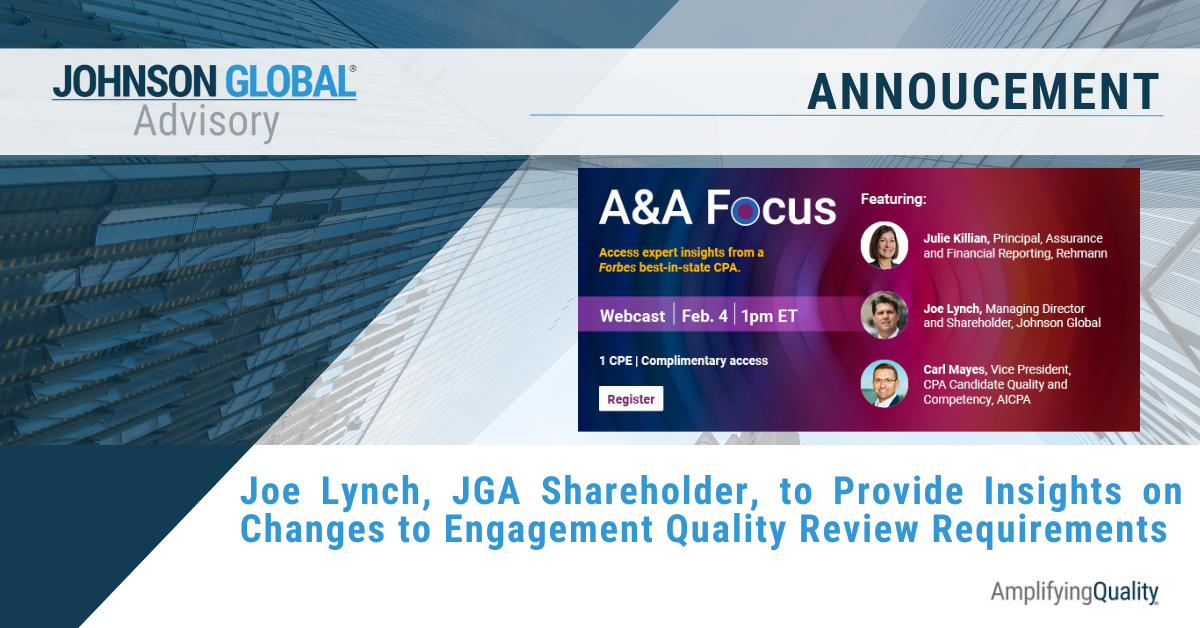
Joe Lynch, JGA Shareholder, to Provide Insights on Changes to Engagement Quality Review Requirements


